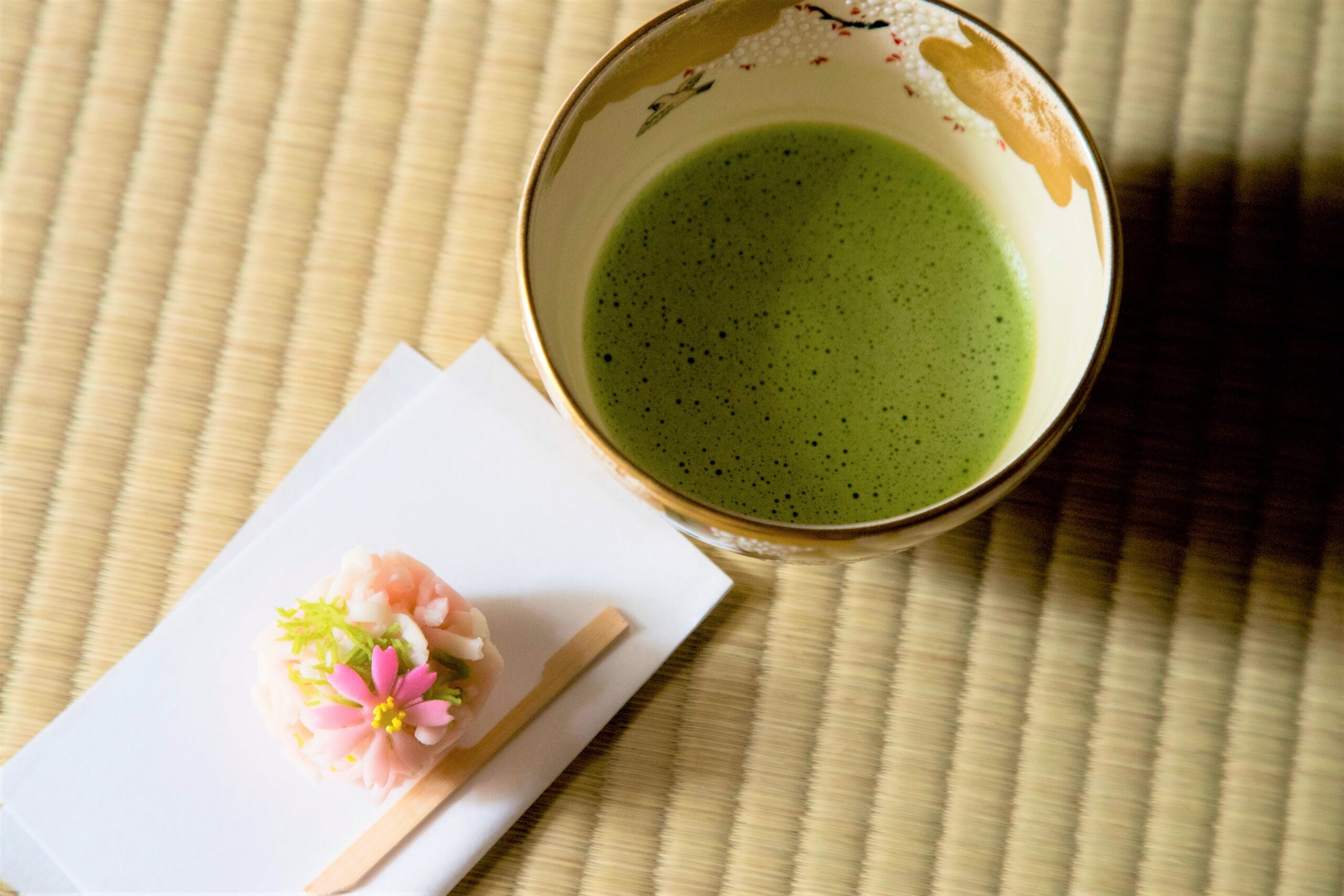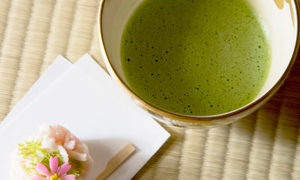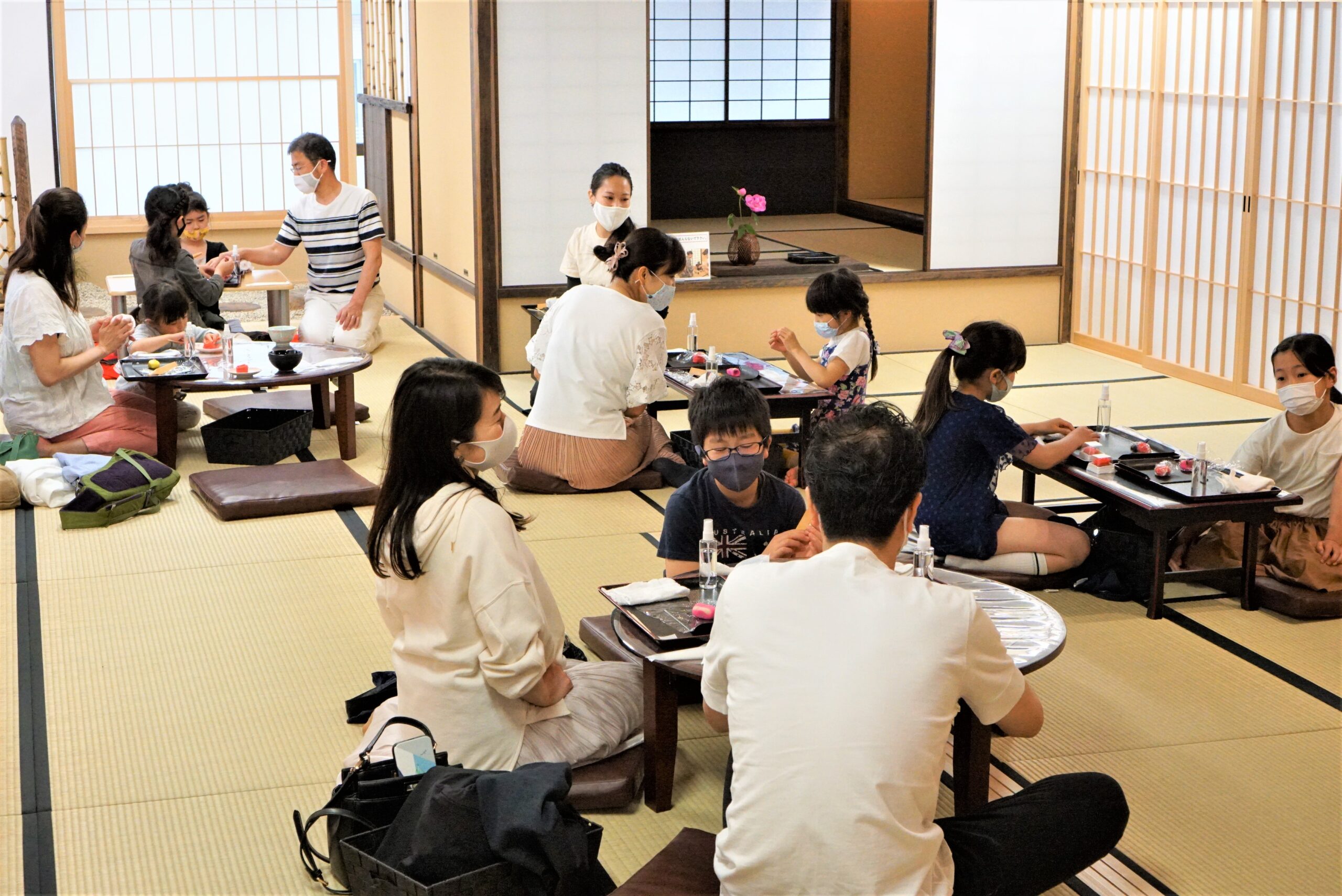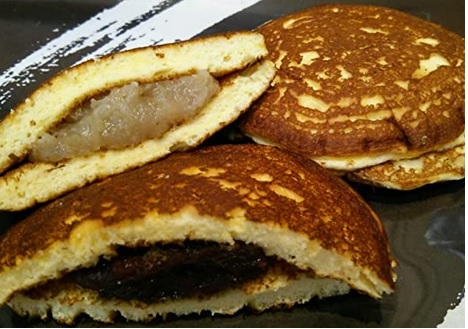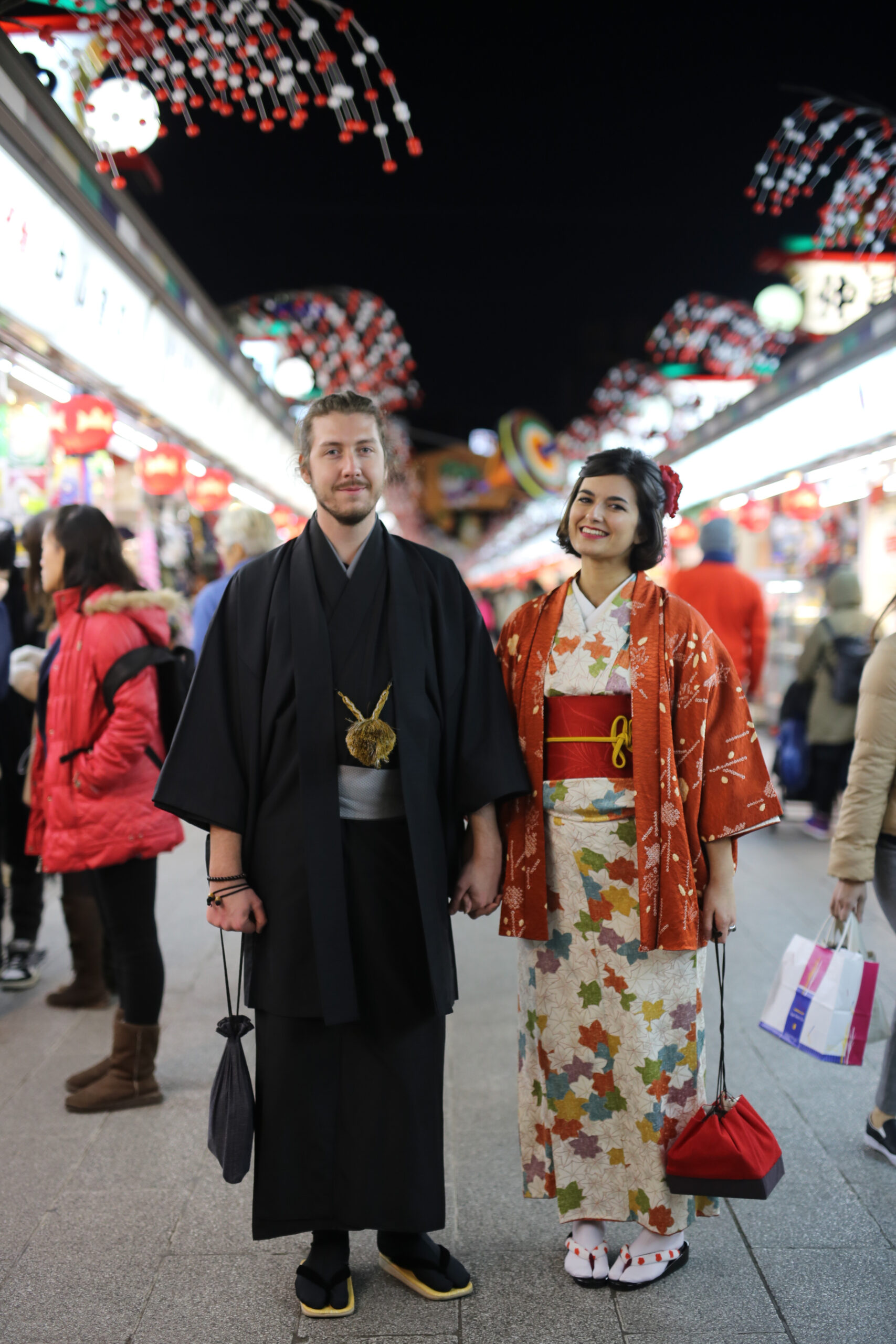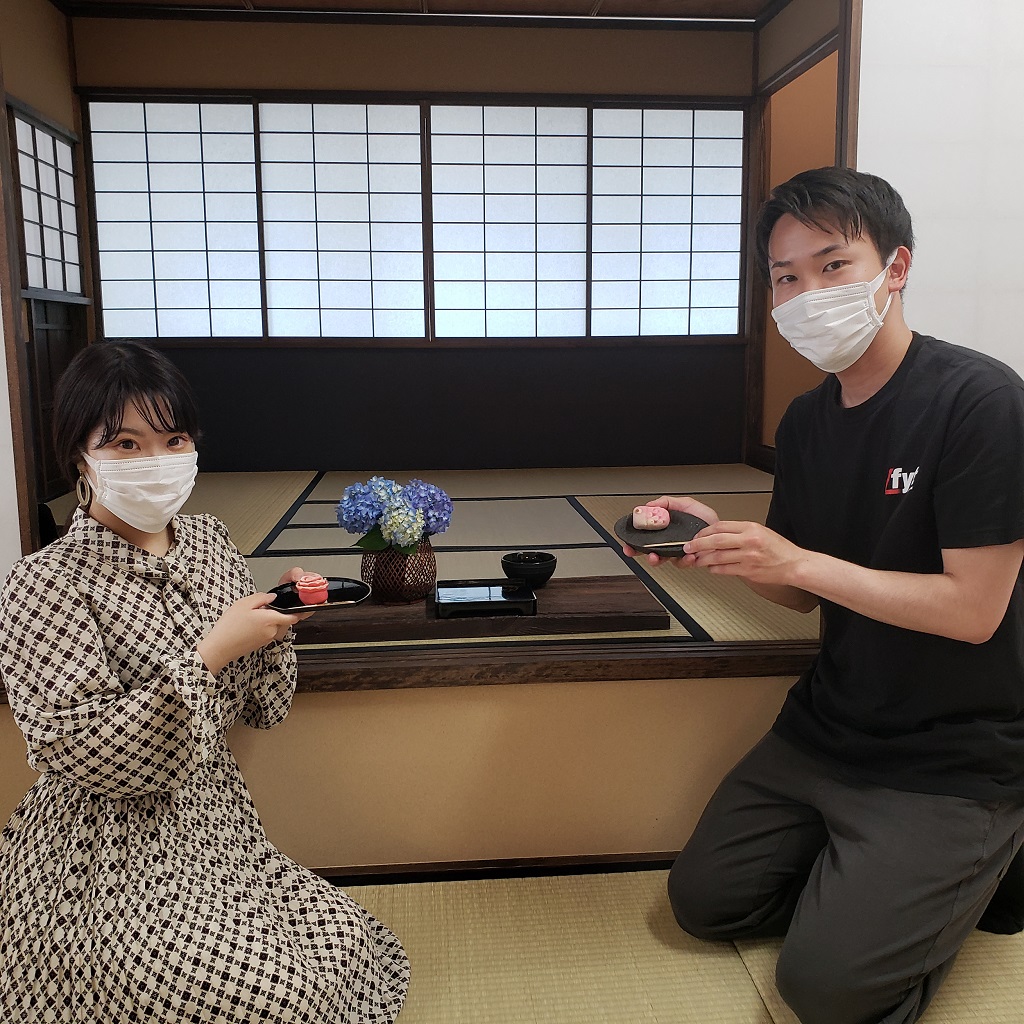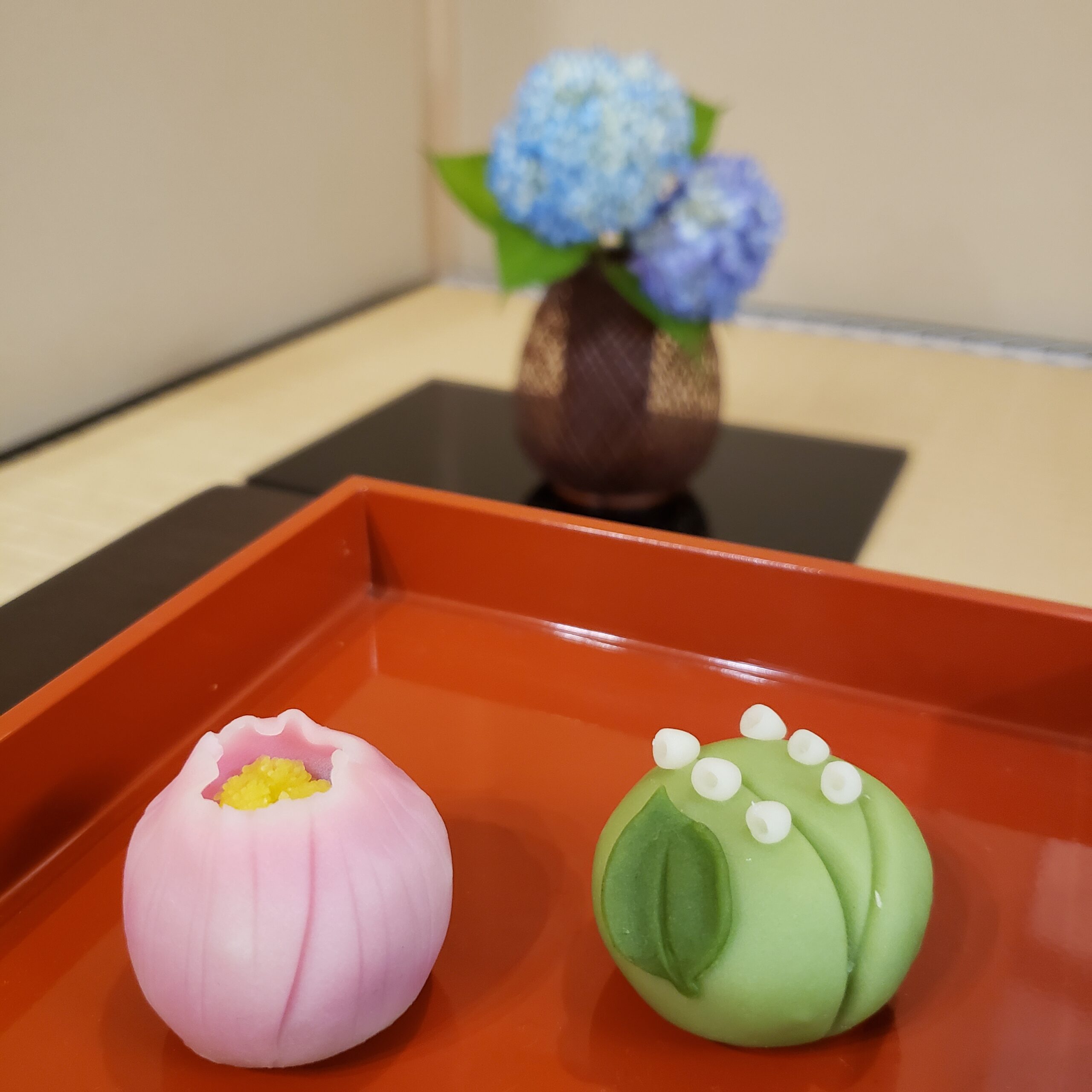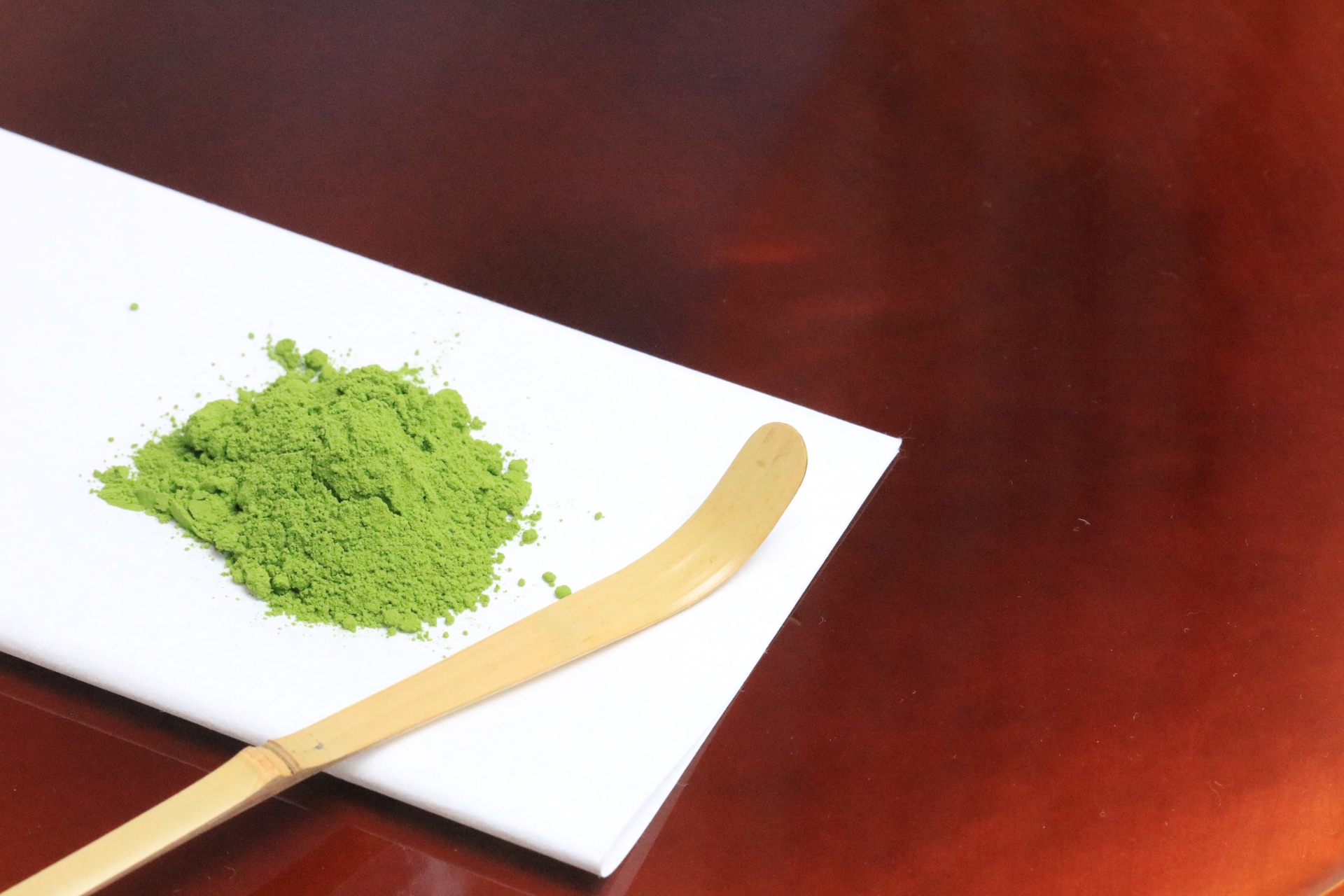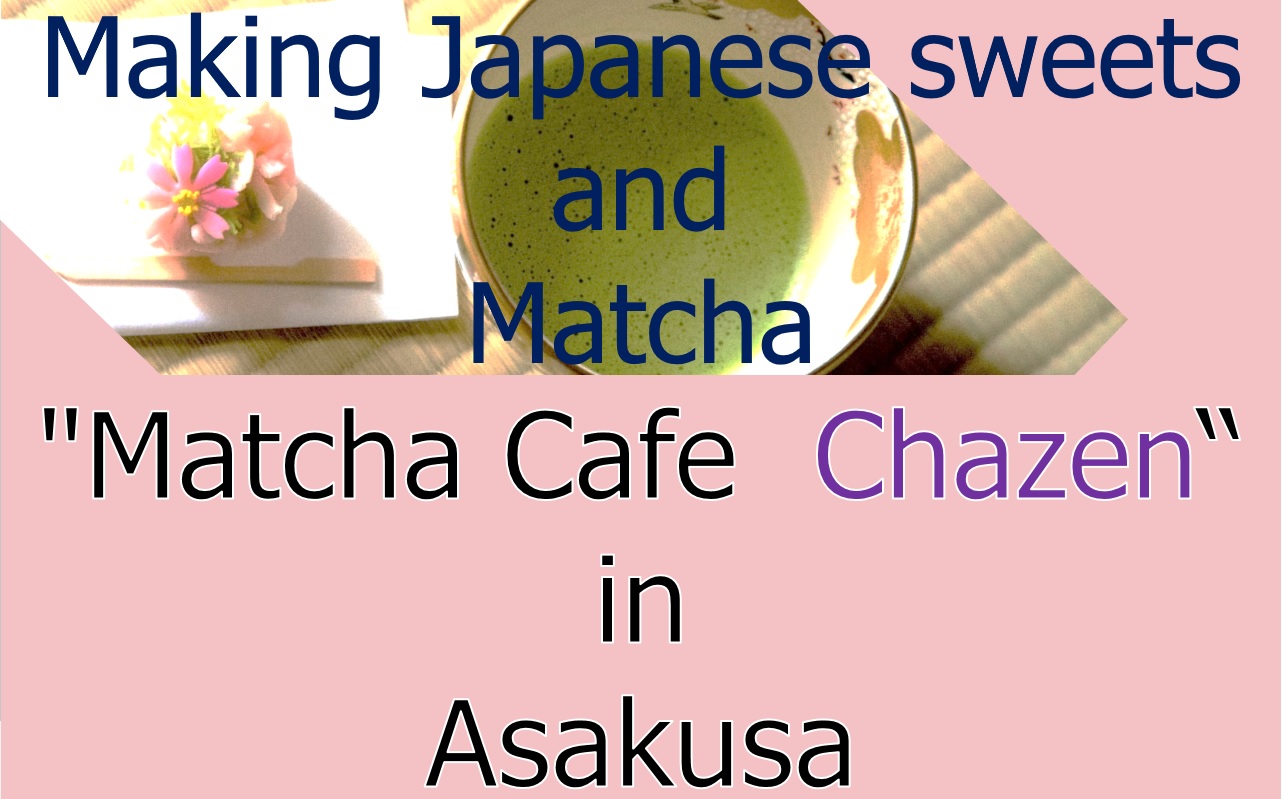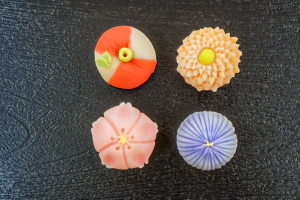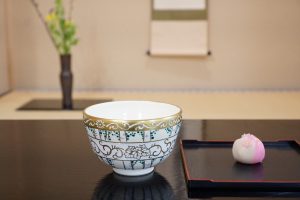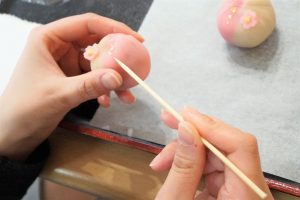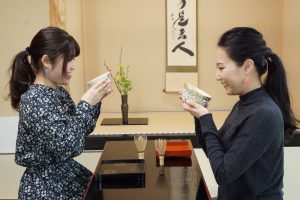Improve your luck in love!
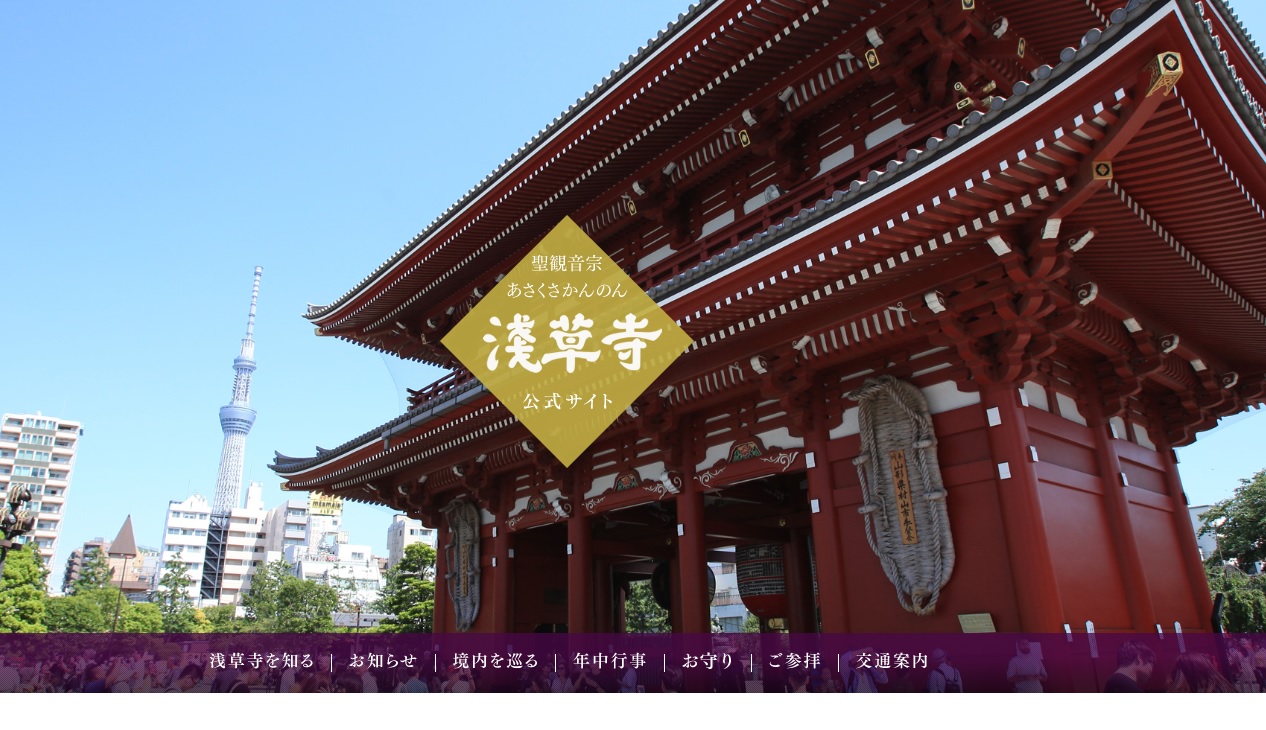
An introduction to shrines in Tokyo that offer the blessings of matchmaking
There are many wishes for love, such as "I want to meet a wonderful person" or "I want to get closer to my lover. In such cases, why not make a wish to the god of matchmaking?
Here we introduce 17 shrines and temples in Tokyo that offer blessings for matchmaking, including the three most famous shrines for matchmaking, sacred places for movies, shrines in the back alleys of Ginza, and shrines popular for their cute gifts.
The three main match-making shrines in Tokyo that are famous nationwide
There are many shrines in Tokyo that are beneficial to matchmaking, but among them, three shrines are well known as the "Three Great Matchmaking Shrines. These three shrines are the Tokyo Grand Shrine in Fujimi, Chiyoda-ku, the Akasaka Hikawa Shrine in Akasaka, Minato-ku, and the Izumo Taisha Tokyo Branch Shrine in Roppongi, Minato-ku. The three major matchmaking shrines are crowded with many female worshippers who wish for the success of their love lives.
Tokyo Grand Shrine, where the god of matchmaking is worshipped
Tokyo Daijingu Shrine, a five-minute walk from JR Iidabashi Station, was built in 1880 as the Haruhayuden (a building where you can worship the gods and Buddha from a distance) of Ise Shrine. It is also known as the "Ise Shrine of Tokyo.
The shrine is dedicated to the three goddesses Amaterasu Sumeru, Toyoke no Okami, and Yamato Hime no Mikoto, who are the three deities of the Ise Grand Shrine, as well as the "Three Gods of Creation". The "Three Gods of Creation" are Ame-no-Minakanushi-no-Kami, Takamimusubi-no-Kami, and Kamimusubi-no-Kami, all of whom are responsible for the creation of all things and the life of all things in heaven and earth. Because of the word "musubi" in the names of Takamisusuhi and Kamisusuhi, and because it is the birthplace of Shinto wedding ceremonies, the Tokyo Grand Shrine is considered a shrine for marriage.
The shrine offers a wide variety of gifts for marriage, such as "knot cards" to wish for a happy marriage, "wish letters" to write your wishes, "love mikuji" with advice on love, and "en-musubi ema" with a lily of the valley on it, which is said to bring happiness.
In the precincts of the shrine, there is also a sacred tree that is over 100 years old and the Iitomi Inari Shrine, a precinct shrine associated with the performing arts. It is also said that if you take a picture of the heart-shaped "boar's eyes" used in the decoration of the shrine buildings and gate and use it as a standby for your smartphone, it will bring you good luck and happiness.
Akasaka Hikawa Shrine in Tokyo
Akasaka Hikawa Shrine is a historic shrine located in the middle of Roppongi, an 8-minute walk from the Tokyo Metro stations of Akasaka, Roppongi, Roppongi 1-chome, and Tameike-sanno. 951 and moved to its current location in 1730 by order of the 8th Shogun, Tokugawa Yoshimune. Surrounded by lush greenery, the shrine grounds still have the original shrine buildings, torii gates inscribed with the year of Edo, lanterns, komainu (guardian dogs), and a 400-year-old ginkgo tree.
The deities worshipped at Akasaka Hikawa Shrine are Susanowo-no-mikoto and Kushiinadahime-no-mikoto, and their child, Ohnami-no-mikoto. The couple is known for the myth that they became husband and wife when Susanoo-no-Mikoto saved Kiiinadahime-no-Mikoto from being sacrificed to the Yamata-no-Orochi serpent, and their son, Okinoki-no-Mikoto, also called Okuninushi-no-Mikoto, is widely worshipped as the god of marriage in Izumo Shrine.
The name "Hikawa" in Hikawa Shrine comes from the Hii River in Shimane Prefecture, where the eight-headed serpent is said to have resided, and there are many shrines of the Hikawa faith with Susanoo-no-Mikoto as the deity in the Arakawa basin in Tokyo and Saitama, including Omiya Hikawa Shrine in Saitama City, which is the head shrine, and Kawagoe Hikawa Shrine, which is popular as a match-making shrine. These shrines are located along the Arakawa River in Tokyo and Saitama.
Once a month, Akasaka Hikawa Shrine holds the "Enmusubi-Mairi", a festival to pray for good marriage. After the prayer, you will receive a comb named Shiwase Mikushi and a good-luck charm bag filled with indigo (=love) seeds harvested from the indigo fields on the shrine grounds. The schedule for the following month is announced at 9:00 a.m. on the first day of each month, and applications to participate can be made by phone or through the website. However, as the gate is limited to 30 people, reservations fill up quickly.
If you want to tie the knot, "Izumo Taisha Tokyo Branch Shrine
Izumo Taisha Tokyo Branch Shrine, located next to Roppongi Hills and a short walk from Tokyo Metro Roppongi Station, was built in 1883 as a branch shrine of Izumo Taisha, the most famous match-making shrine in Japan.
The deity worshipped here is Okuninushi-no-Ookami, popularly known as "Daikoku-sama. The reason why Izumo-taisha, where Okuninushi-taisha is enshrined, is worshipped as a god of marriage is not only because of the relationship between men and women, but also because as a god of nation-building, Okuninushi-taisha has connected all kinds of connections surrounding people with a compassionate heart.
The three-story reinforced concrete shrine building was reconstructed in 1980 and is where Izumo-style Shinto weddings can be held. When visiting Izumo Taisha Tokyo Branch Shrine, please follow the Izumo Taisha etiquette of "two prayers, four claps and one prayer".
I recommend the "En-musubi-no-ito" (thread of enmeshment), which is made of woven red and white silk threads. It is said that if you sew this thread on your familiar clothes, you will receive a good marriage and lead a happy life.
Matchmaking shrines in Tokyo that may be nearby
In addition to the three major match-making shrines, there are many other power spots for match-making in Tokyo. From these, here are 14 recommended shrines and temples that you can access while sightseeing or visiting cafes.
Sensoji Temple, a matchmaking temple that has been around since the Edo period
Senso-ji Temple, a five-minute walk from Asakusa Station on all lines, was founded in 628 and is the oldest temple in Tokyo. It is one of Tokyo's most popular tourist attractions, attracting about 30 million visitors a year.
Within the Sensoji temple grounds, there are power spots such as the Kume Hirauchi Hall near the Hozomon Gate, which is reputed to be beneficial for marriage. The Kume Hirauchi Hall is dedicated to the statue of Kume Hirauchi, a swordsman from the Edo period. In the past, Hirauchi, who regretted that he had abused many people, buried a statue of himself in order to have visitors to Sensoji Temple "stomp" on it, but the statue came to be worshipped in the temple in later times. Later, the statue was enshrined in the temple hall. The word "stomping" is connected to the word "buntsuke," which is reminiscent of a love letter, and this is why the temple has become popular among women as a power spot for marriage.
After visiting the Kume Hirauchi Hall, you should also visit the Kuturyu Gongen. It is said that this hall has the power to make your wishes come true.
Shiba Grand Shrine, the Oise-sama of Kanto
Shiba Daijingu Shrine is located in the office district, a five-minute walk from JR Hamamatsucho Station, and is one of the ten shrines in Tokyo with a long history. It was founded in 1005 during the Heian period (794-1185), and is called the "Oise-sama of the Kanto region" because it is dedicated to the same gods, Amaterasu and Toyoke, as the Inner and Outer Shrines of Ise Shrine. In the Edo period (1603-1868), under the patronage of the Tokugawa Shogunate, the shrine was lined with teahouses and playhouses in the precincts and in front of the gates, and a lottery was held there, making it popular as a shrine for the blessings of lottery tickets.
The "chigibako," or "thousand wood box," was originally a lucky charm sold at festivals. However, since "chigibako" means "a thousand clothes," it came to be valued as a talisman for marriage, as it is said that if you keep it in your wardrobe, you will have more clothes, be blessed with good luck, and live a happy life as a woman. The Senkibako is handmade one by one by craftsmen, and has a vivid pattern of wisteria flowers on it. The "Senkibako Omamori," a charm made in the shape of a Senkibako, is also popular.
Kanda Myojin, the guardian of Edo, where Daikoku-sama, the god of marriage, is also worshipped
Kanda Myojin, a five-minute walk from JR Ochanomizu Station, is the guardian deity of 108 Edo town councils. It was founded in 730 during the Tenpyo Period. It is worshipped as a god of marriage because the first shrine is dedicated to Okikinomikoto, the same "Daikoku-sama" as Izumo Taisha.
The Ninomiya Shrine is dedicated to Sukuna-Hikonomikoto, the god of prosperity and business, and the Sannomiya Shrine is dedicated to Taira-no-Masakado-no-Mikoto, the god of warding off evil. For this reason, Kanda Myojin is also famous as a shrine for business fortune, such as bringing business fortune.
We recommend the "Onegai Usagi Mamori" (rabbit charm), which allows you to write your wish on a strip of paper and pray for its fulfillment, and the "Love Accomplishment Rabbit Mamori" (rabbit charm with a red heart), which is related to the "Inaba no Shirousagi (White Rabbit) Myth" in which Lord Daikoku granted the wishes of a rabbit.
Meiji Shrine, a must-see
The Meiji Jingu Shrine, located near Harajuku Station on the R line, was built in 1920 and is dedicated to Emperor Meiji and his empress, Empress Shoken. More than 200 species of trees are planted in the vast site, which is about the size of 15 Tokyo Domes.
The "married couple camphor tree" in front of the main shrine is a power spot for match-making, marital bliss, and family safety, and it is believed that worshipping between the two camphor trees toward the main shrine will bring you good luck in your marriage.
Other power spots at Meiji Jingu include the Otorii (Great Gate), the tallest wooden Shinto shrine gate in Japan, the Minami Sando (South Approach), which leads to the Otorii and is covered with trees full of negative ions, and Kiyomasa no Ido (Kiyomasa Well), which is said to have been dug by warlord Kato Kiyomasa.
Toyoiwa Inari Shrine, a small power spot
Toyoiwa Inari Shrine, a five-minute walk from Tokyo Metro Ginza Station, sits quietly in a back alley in Ginza 7-chome. The vermilion walls and two fox statues create a mysterious atmosphere in the valley of the buildings.
The shrine's origins are unknown, but its deity is Ukemochi-no-kami, who has been worshipped as a god of marriage and fire prevention since the beginning of the Edo period. In the Showa period (1926-1989), the shrine seems to have been worshipped by people in the entertainment industry, such as the popular Kabuki actor Ichimura Hazaemon.
Recently, it has been gaining popularity among women as a small power spot for marrying people in the know. Don't miss the stone pillar on the street inscribed with "Toyoiwa Inari Shrine.
Haneda Shrine," a shrine for two gods also known as "matchmaking.
Located near Haneda Airport, a five-minute walk from Otorii Station on the Keihin Kyuko Railway, Haneda Shrine is a shrine visited by many people in the aviation industry and those who want to work in the aviation industry. The shrine was founded about 800 years ago in the Kamakura period (1185-1333), and in the Edo period (1603-1868), the 13th shogun, Iesada Tokugawa, prayed for healing from his illness and was cured.
The shrine is also known as a match-making shrine, as it is dedicated to the couple gods Susano-no-mikoto and Inada-hime no-mikoto.
Haneda Shrine offers a variety of unique gifts, such as a red seal book with a sky-blue picture of a portable shrine and an airplane, and a strap-type charm in the shape of an airplane. For marriage, the cute pink "Love Charm" and "Enmusubi Mamori" are recommended.
Atago Shrine, a matchmaker because it is the god of fire
Atago Shrine, located at the top of Mt. Atago, is a five-minute walk from Kamiyacho and Toranomon Hills stations on the Tokyo Metro Line, and was built in 1603 by the order of Tokugawa Ieyasu. The main shrine is dedicated to Homusubi-no-mikoto, the god of fire, to protect the city of Edo from fire.
The shrine is also known as a place of blessings for success, based on the legend that Heikuro Magaki, a retainer of Iemitsu Tokugawa, the third shogun of Edo, rode up the steep stone staircase on his horse and found success.
The shrine is also popular as a match-making shrine, as it has the character for "love" in its name and is dedicated to the god of fire, which is said to "ignite the heart of the other person.
Nitta Shrine" is visited from all over Japan for matchmaking
Nitta Shrine, a five-minute walk from Musashishinden Station on the Tokyu Tamagawa Line, is dedicated to Nitta Yoshioki, the second son of Nitta Yoshisada, a military commander of the Northern and Southern Dynasties. The shrine was built in 1358 to appease the spirit of Yoshioki, who was conspiratorially killed at the Yaguchi Ferry near the shrine, and is also called Nitta Daimyojin.
The "LOVE Shrine" objet d'art, with its wish that happiness will come to those who take a picture in front of it, has become a hot topic on social networking sites, and visitors from all over Japan come to pray for marriage. There is also a "stone ping-pong table" where couples can enjoy a rally.
Omiya Hachimangu Shrine: Pray for good marriage at the navel of Tokyo
Omiya Hachimangu Shrine, a 7-minute walk from Nishi-Eifuku Station on the Keio Inokashira Line, was built in 1063 by Minamoto no Yoriyoshi, a samurai in the Heian period. The shrine is dedicated to Emperor Ojin and his parents, Emperor Nakaai and Empress Jingu. The shrine grounds, which are about the same size as the Tokyo Dome, are located at the "navel of Tokyo," the center of gravity of the city, and is attracting attention as a power spot where energy gathers.
Among them, the "married couple gingko trees" that grow high on both sides of the Shinmon gate, the "symbiotic tree" where dog cherry blossoms are entwined in the Kaya tree, and the "happiness stone" that is said to bring happiness when stroked, are spots that are said to be beneficial for marital harmony and matchmaking. Make a wish for a happy marriage and dedicate the heart-shaped Ema (votive picture tablet).
Takagi Shrine, also known as Omusubi Shrine
Takagi Shrine, a 7-minute walk from Tokyo Metro Oshiage Station and near Tokyo Skytree, was built in 1468 during the Muromachi period (1336-1573) and was once called the "Sixth Heavenly Shrine.
The shrine is dedicated to Takamimusubi-no-kami, one of the three gods who created all things, and is also called Omusubi Shrine after the word "musubi.
The ema (votive picture tablet) and red seal book of Takagi Shrine are very charming with the Omusubi on them. When you receive a red seal, you will also be given a "musubi stone" on which a prayer is made for "various kinds of good fortune.
Oiwa Inari, a place to break bad relationships and make good ones
A five-minute walk from Yotsuya-sanchome Station on the Tokyo Metro Line, Yo-unji Temple is a power spot also known as "Oiwa Inari" because Oiwa-san from the Yotsuya Ghost Story is worshipped there. The temple is also called "Oiwa Inari" because of Oiwa-san from the Yotsuya Ghost Story. Oiwa Inari is said to be beneficial for breaking bad relationships and bringing good luck. In addition to the lucky votive picture of Oiwa-san, the most popular prizes are the marriage votive picture and the marriage votive picture.
Opposite "Oiwa Inari" is "Oiwa Inari Tamiya Shrine", a shrine built on the site of the mansion where Oiwa and her adopted son Iemon of the Tamiya family, the model for the Yotsuya Ghost Story, lived. It is said that the actual Oiwa couple was very close, and many people who revered Oiwa, who supported her husband and rebuilt the Tamiya family, worshipped at this mansion shrine. To be blessed by Oiwa and her husband, who were very close to each other, let's visit this shrine as well.
Suga Shrine, a love that transcends time and space
Suga Shrine, a 10-minute walk from Yotsuya Station (JR and Tokyo Metro), was built in 1634 and is the main shrine of the 18 Yotsuya towns. The shrine is dedicated to the deities Susano-no-mikoto and Ukanomitama-no-mikoto. Susano-no-mikoto rescued his future wife, Kushinahime, from the eight-forked serpent, and since the couple got along well, it became known as a shrine for marriage. In the precincts of the shrine, there is also the Daikoku Shrine, which is dedicated to Okuninushi-no-mikoto, the child of the couple and the god of marriage.
In the blockbuster movie "Your Name. the famous scene where the two main characters pass each other is set on the stone steps of Suga Shrine. For this reason, Suga Shrine is not only visited by people praying for marriage, but also by many anime fans as a sacred place for love that transcends time and space. The shrine offers a wide variety of prizes, such as the "Koimamori" (love charm) made of genuine crystal, as well as ema (votive picture tablet) depicting stone steps.
Monkeys are linked to fate at Hie Shrine
A three-minute walk from Tokyo Metro Akasaka Station, Hie Shrine is located at the back gate of Edo Castle and has been revered by the Tokugawa Shoguns as the guardian of Edo Castle. The shrine is dedicated to Oyamaakui, the god of mountains and water, who rules over the land. The shrine is believed to be beneficial for marriage, based on the myth that Oyamaakui changed his form into a tan-nuri arrow to meet his wife, Tamayorihime.
The statue of Masaru, which sits on the temple grounds, is believed to ward off evil spirits as it is believed to ward off evil and demons, and is also believed to be beneficial for marriage since the phonetic reading of the word "monkey" is "en. The shrine also offers a wide variety of gifts, such as the "En-musubi-mamori," a charm with a tan-nuri arrow and a monkey decorated with the myth of Daisenakui.
Imado Shrine, where the deity is a maneki-neko (a cat that brings luck in marriage)
Imado Shrine, a 15-minute walk from Asakusa Station, was built in 1063 by Minamoto no Yoriyoshi and Yoshiie. It is also said to be the final resting place of Soji Okita of the Shinsengumi.
The shrine is dedicated to Emperor Ojin, Izanagi-no-mikoto and Izanami-no-mikoto, as well as to Fukurokuju, the god of happiness, wealth and longevity, making it one of the seven gods of good fortune in Asakusa. Izanagi-no-Mikoto and Izanami-no-Mikoto are Japan's first husband and wife deities who gave birth to the country and its gods. For this reason, it has been believed that the Imado Shrine has the blessings of marriage. The shrine also offers an occasional meeting place called "En-musubi-kai".
A pair of maneki-neko (maneki neko) sits in the shrine's hall of worship, and in fact, Imado, Taito Ward, where the shrine is located, is the birthplace of maneki-neko. The shrine is located in Imado, Taito Ward, where the Maneki-neko originated.
We have introduced shrines and temples in Tokyo that are beneficial to matchmaking, including the "Three Great Matchmaking Shrines". We hope you will visit these shrines and temples to improve your luck in love. After praying for a good match, be sure to stop by "Cha-Zen", a place in Asakusa where you can experience Japanese culture. Make your own mizuhiki accessories with different meanings depending on the way you tie them, such as to tie a knot or to ward off bad luck, and bring in even more wonderful luck.
